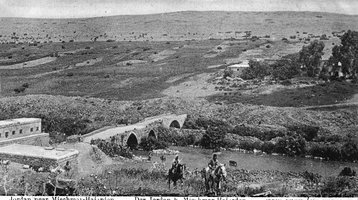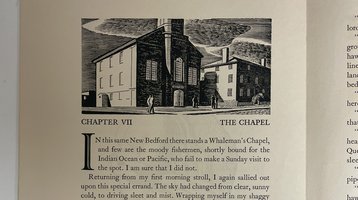Launching a Center for Digital Scholarship at the Library
The Changing Nature of Scholarship
The advent of digital technology has opened up new horizons that have inspired scholars to transform the nature of their scholarship. From the rapid analysis of a human genome to the sharing of social science data sets to data mining vast quantities of text—scholars are continually developing new digital approaches to creating, analyzing, and sharing their research.
While digital scholarship activity among the University of Chicago faculty is growing, this new kind of scholarship comes with a challenge. Researchers must master a dizzying array of computational tools and techniques, they must think about how to manage their data in ways that can be used by other researchers, and they must find solutions for archiving and sharing their data that meet the increasingly stringent requirements of funding agencies. As faculty and students increasingly incorporate computational and algorithmic methods (e.g., text mining, network analysis, GIS and geo-spatial mapping, image analysis, data analysis) into their research process, they are looking for partners to provide the technical and human resources necessary to support their research activities, foster innovation, and facilitate cross-divisional collaboration.
Digital scholarship encompasses all parts of this new life cycle of digital research, from the changing ways in which scholars collect and analyze data to their increased interest in new techniques for preserving and sharing that data. The Library is a natural hub for the exchange of ideas and the home of a great deal of expertise on archiving and sharing information. Accordingly, we are preparing to enhance our offerings and collaborations with faculty in each segment of this life cycle.
Envisioning a Center for Digital Scholarship at the University of Chicago Library

Faculty tell us that “a substantial barrier to the adoption of computational and digital methods at the University of Chicago has been the isolation of faculty members from colleagues who are experimenting with similar techniques. . . . A physical space designated for such inquiry could help bridge this knowledge gap by providing an environment in which to explore the application of these techniques, receive hands-on training through tutorials or workshops, and benefit from informal collaboration with colleagues in other disciplines.”
To meet this need, I am pleased to announce that we are beginning the work of launching a Center for Digital Scholarship at the Library, which will become a new nexus for intellectual energy and growth, providing a space that will support state-of-the-art technologies and services that facilitate the exploration of new methodologies, the analysis of complex data, the visualization of theoretical relationships, and the sharing of research results.
Establishing such a transformative center at the Library will require identifying high priority needs and thinking creatively about how to resource those needs. Thanks to the generosity of Robert, AM’64, and Carolyn Nelson, AM’64, PhD’67, we will soon be able to hire a Director for the Center for Digital Scholarship (CDS) who will develop a strategic vision, begin to build services, and coordinate with existing library staff. Our new CDS Director will jumpstart the process and position us to pursue additional funding to support a full suite of services. I am grateful to the Nelsons for their early support of the Library’s digital scholarship initiatives.
We are now beginning a search for this Director and look forward to having this position filled in the coming months. As the Center develops over time, we expect that we will be able to facilitate a wide range of activities. Possibilities fall into three categories.
I look forward to being joined by the new Director of the Center for Digital Scholarship, who will collaborate with colleagues within the Library and across campus to develop a vision for the Center and plan for the rollout of services critical to digital research and teaching projects of many kinds.



